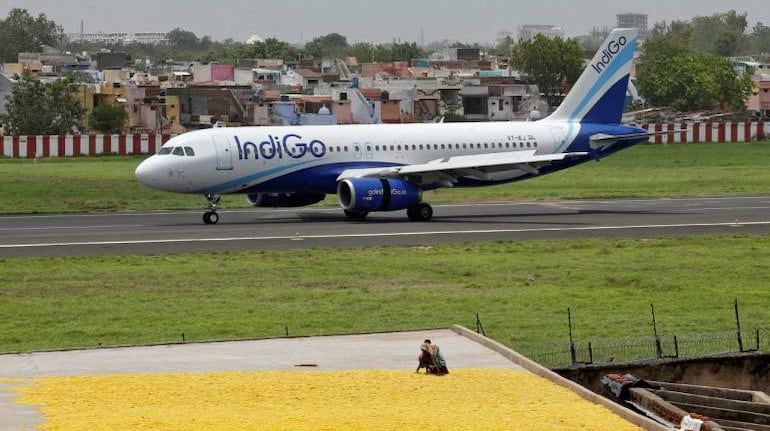



Airlines in India are trying every trick in the book to increase revenue and pare losses. Some measures provoke strong customer reactions which go viral thanks to social media. Over the weekend, IndiGo shot into the news when some passengers took to Twitter to complain about the charges for web check-in. Others joined the battle citing high baggage charges, seat selection, and cancellation charges.
As passengers, are we expecting too much from air carriers for too little? With fares as low as Rs 100 announced by airlines, the cost of reaching the airport is at times higher than the airfare.
Take the case of charging for seat selection or web check-in. This used to be free, not long back. A web check-in allows the passenger to arrive at the airport a bit later than others and saves her time from standing in a queue. This facility was construed as a right that comes with the purchase of every ticket. However, there is no compulsion for a web-check in; the passenger can save money by coming to the airport and sweating it out in the queue.
Unfortunately, in the social media tete-a-tete between the airline and passengers, the government has jumped in. Reports say that the government is going to review airlines’ web check-in fee policy.
For the sake of a free market, the government should stay away from the fight. Airlines would simply increase the airfare if they are compelled to take a hit. Free market and competition will decide the fair price of these services.
In any case, airlines are paying for the faulty aviation fuel policy of the country. Globally, fuel is around one-fourth of the cost of flying an airline. In India, this is 34 percent, thanks mainly to higher taxes. On top of these taxes, each state government charges value added tax (VAT) ranging from 3 percent to 30 percent. After a recent meeting between the government and the airline industry, the Centre is unlikely to agree to the industry’s plea to cut duty.
If one airline is making losses then the company can be blamed for being inefficient. But when all firms are in losses, as is the case presently, then there is a structural problem.
Instead of meddling with prices, the government should stick to making policies that will promote competition and ease of doing business, and prevent monopolies from emerging in the airline industry.
In any case, the real problem is that a highly competitive Indian airline industry has pampered consumers with freebies and low fares. But the party has to end someday.
Take the case of baggage carried by the passengers which was free till some time ago. Full-service airlines, with their high fare, managed to absorb the cost. But the low-cost airlines, which changed the game by cutting down airfares considerably, had to tweak their offerings. Such services were typically bundled in the high price of air ticket of a full-service airline. Low fare airlines cut down on these services (such as food, baggage, seat selection) and started charging for each separately.
The reliance of airlines on these ancillary revenues has only increased as airfares remained low despite high fuel prices thanks to hyper competition. Cost-efficient airlines like IndiGo and SpiceJet were the first to tap this revenue stream.
At the end of the day, both the government and consumers would do well to remember that there are no free lunches. Airlines need to be reasonably profitable. A high level of competition in the Indian airspace will crimp any super-normal profit.
For air travellers, it would be wiser to compare the total cost of a no-frills airline with that of a full-service airline and stop expecting freebies. They should keep in mind that the one carrier which offered the best services and freebies for the lowest cost was Kingfisher Airlines. We all know how it ended.
Discover the latest Business News, Sensex, and Nifty updates. Obtain Personal Finance insights, tax queries, and expert opinions on Moneycontrol or download the Moneycontrol App to stay updated!